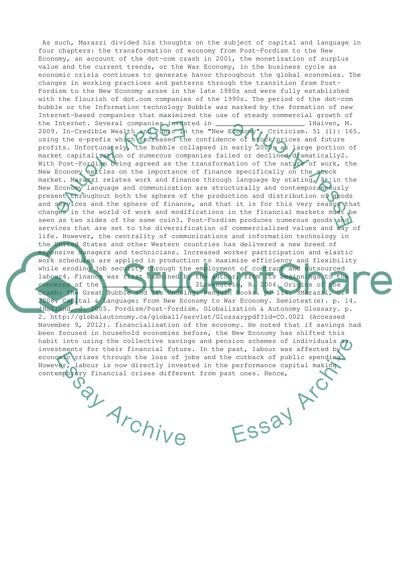Cite this document
(“Management , society and new forms of work Essay”, n.d.)
Retrieved from https://studentshare.org/management/1461029-management-society-and-new-forms-of-work
Retrieved from https://studentshare.org/management/1461029-management-society-and-new-forms-of-work
(Management , Society and New Forms of Work Essay)
https://studentshare.org/management/1461029-management-society-and-new-forms-of-work.
https://studentshare.org/management/1461029-management-society-and-new-forms-of-work.
“Management , Society and New Forms of Work Essay”, n.d. https://studentshare.org/management/1461029-management-society-and-new-forms-of-work.


